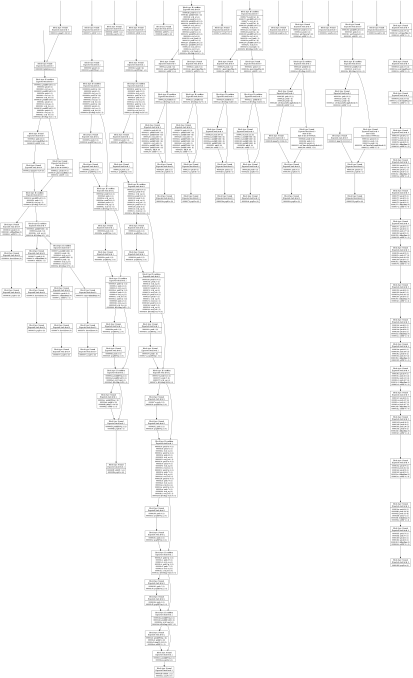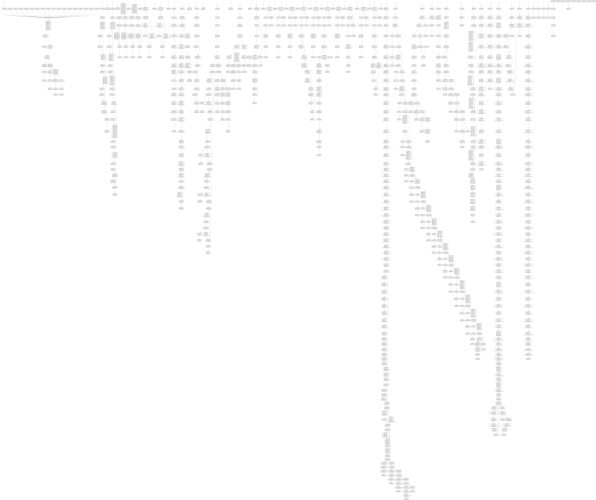At the time of writing, there are less than 2 hours left of GSoC coding time – so it’s time for my last GSoC blog post.
It’s been a fun couple of months, and it’s really nice to see that the end product actually works.
Of course, it’s not perfect, and there are things I’d do differently if I were to do it again – but then, it would be pretty unrealistic to expect that everything could be perfect after only a few months. A decompiler is a complicated project, and making a generic kind doesn’t make it any easier.
There are still plenty of stuff on the to-do list, and I’ve already talked to my mentors about how we can deal with several of the outstanding issues – but there’s no way all of that can be done within the time frame allocated for GSoC.
Right now, though, I’m going to take a short break from coding – and later, I can hopefully find the time to work more on the decompiler and implement some of the remaining things.

